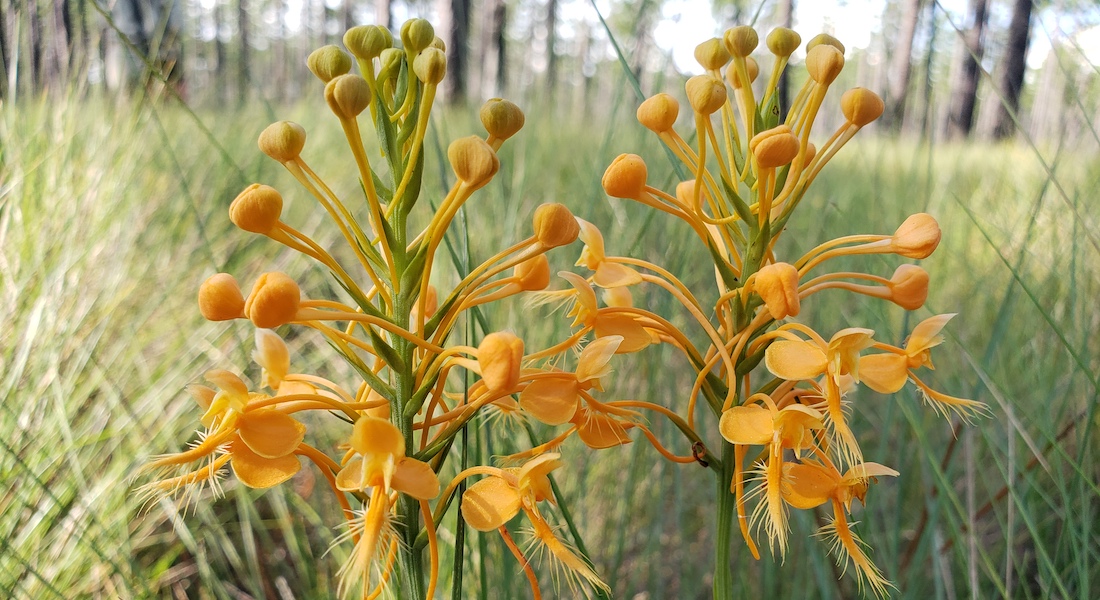Does the microbiome aid plants’ adaptation to climate change?
A new research project will investigate how plants' microbiome affects the plants' ability to adapt, paving the way towards more resilient plants in the face of climate change.

In a world with accelerating climate and habitat changes there is a pressing need for plant populations to adapt to survive and be able to reproduce. This is what Assistant Professor Ida Hartvig, who recently joined the Center for Evolutionary Hologenomics (CEH) on the prestigious Carlsberg Foundation Reintegration Fellowship grant, will spend the next two years solving. Ida will use a hologenomic approach to investigate whether plant microbiomes shape the adaptive potential of their host plant and hence aid the plant in coping with changes in climate and habitat.
“Describing the correlation between individual plant genotypes and their microbiomes within and among habitats is the first step towards understanding which role microbionts play in plant distribution patterns and adaptation to different habitats,” Ida Hartvig states.
Plant hologenomics
Plant hologenomics is a rapidly growing field within CEH focusing on how to aid crops and wild plants adapt to a rapidly changing climate. Adding another plant hologenomics project to CEH will enhance our knowledge on the role microorganisms play for plants' ability to exploit and adapt to their environment. This has significance for predicting effects of global change of plant species. Ida will be working on orchids, the worlds’ second largest plant family, which is renowned for its extraordinary diversity across a wide range of niches but also for its many narrow endemic species. The results might offer an alternative explanation as to why some orchid species are rare and/or threatened and provide specific habitat usage knowledge relevant for conservation of the orchid species in focus.
Contact
Assistant Professor Ida Hartvig, ida.hartvig@sund.ku.dk, Center for Evolutionary Hologenomics
